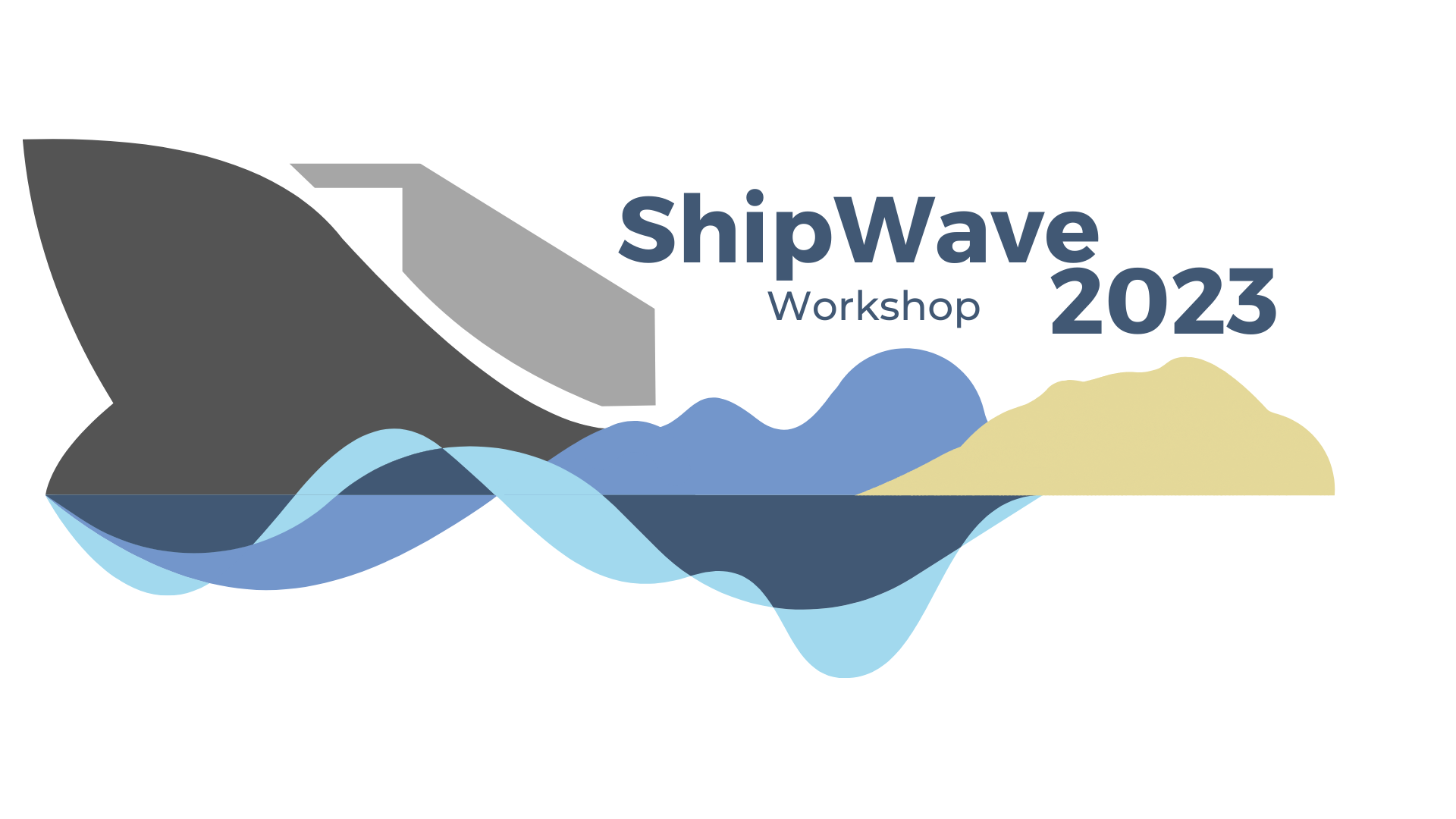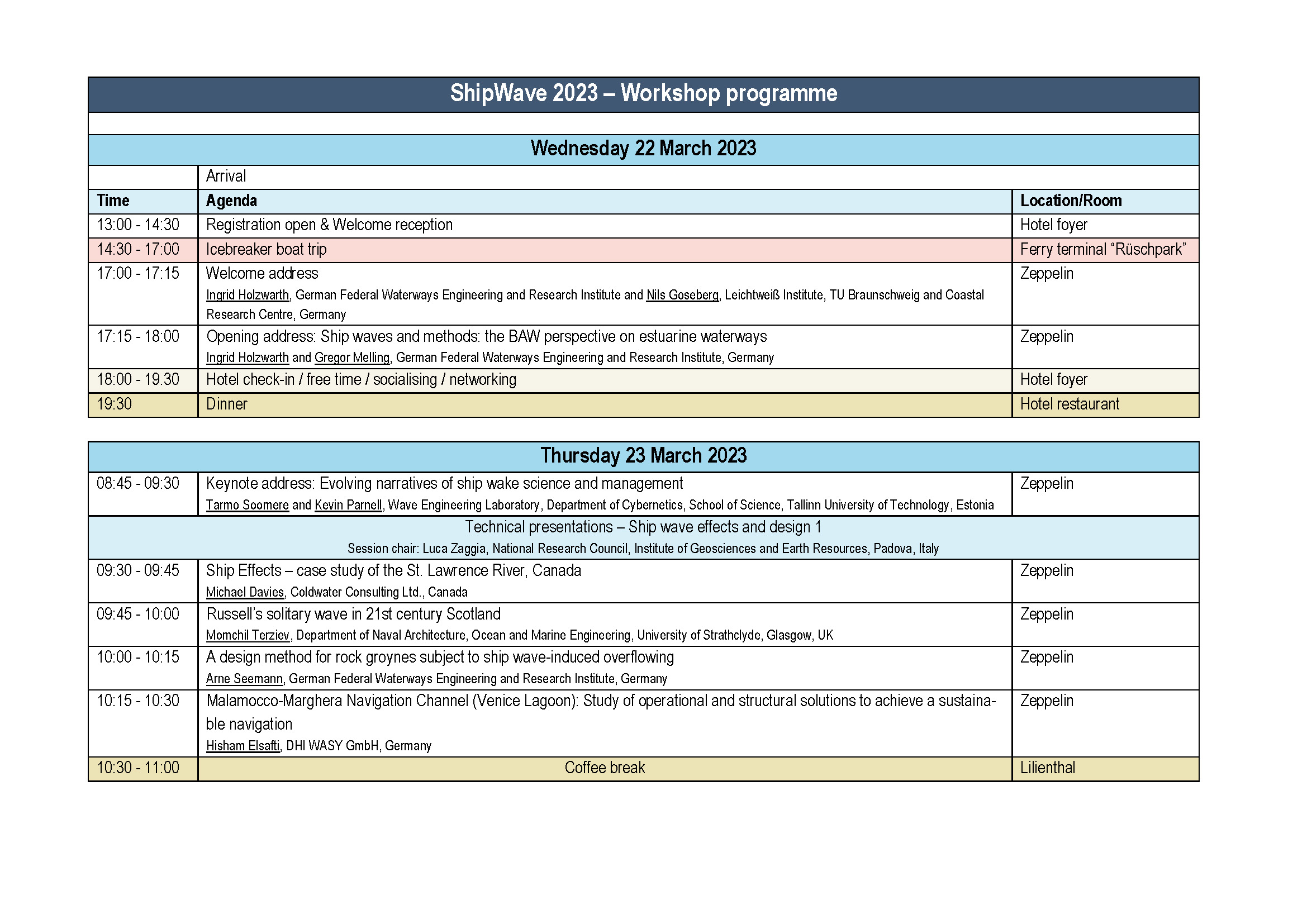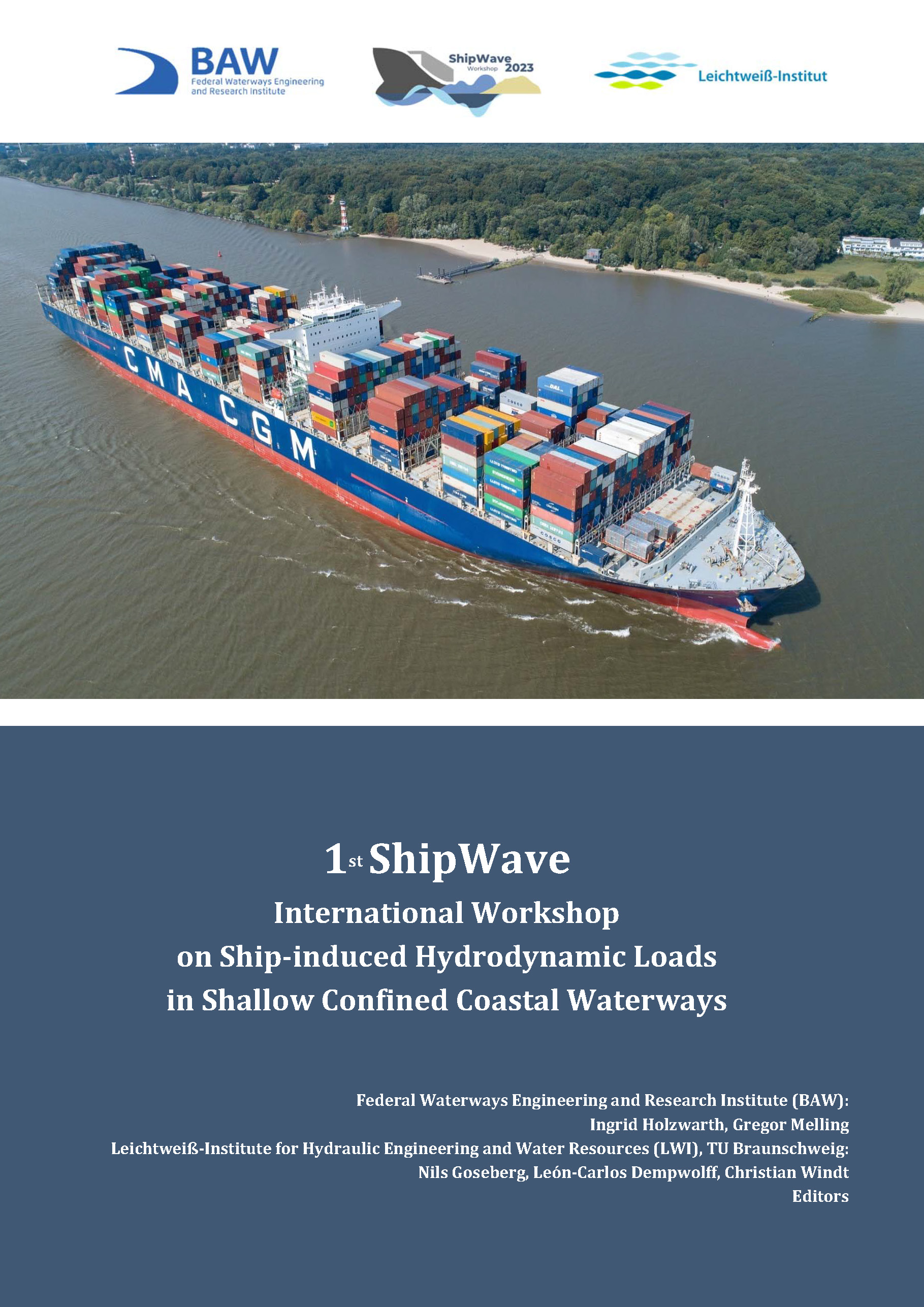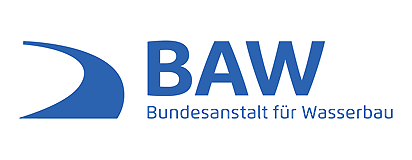
1st International Workshop on Ship-induced Hydrodynamic Loads in Shallow Confined Coastal Waterways
Despite the importance of long-period waves for the coastal and estuarine environment, this topic has received comparatively little attention; this is reflected not only in the relatively small body of available research but also a dearth of validated and documented methods, concerning e.g. observation/measurement, analytical, numerical and experimental methods and design. In recent years a growing number of publications on this subject appear to be forthcoming indicating an increased awareness and urgency to understand and manage coastal and estuarine waterways in the face of increasing ship dimensions and traffic density. It is to this end that we endeavour to foster an exchange within this research community to discuss recent advances, pressing research questions, exchange knowledge on methodological developments and challenges, as well as practical engineering solutions and methods. For this reason, we would like to invite you to participate in our workshop on ship-induced hydrodynamic loads in shallow confined coastal waterways. Though the workshop focus is on coastal and estuarine waterways, we also welcome relevant contributions from inland (non-tidal) waterways. An overview of workshop topics is given below.
Topics
Ship-induced loads:
- Ship-induced hydrodynamic loads on waterway banks and waterway infrastructure, including natural banks or nature-based features at the banks
- Process description, wave-structure-interaction
- Load types
- Design methods
- Primary wave system effects of deep-draft sea-going ships in confined waterways
- Wave propagation in irregular confined and shallow bathymetries
- Ship-induced sediment transport and morphodynamic effects
Methods:
- Observation/Measurement of ship-induced loads
- Prediction of ship-induced hydrodynamic loads (empirical, numerical, physical modelling, scale effects)
Workshop information
Call for abstracts: June 2022Abstract submission close: 30 September 2022
Abstract authors notified: 31 October 2022
Registration deadline: 7 December 2022
Payment deadline: 15 December 2022
Workshop fee: 480 Euro
The fee includes:- participation in workshop
- ice breaker boat trip on the Elbe Estuary on the 22.03.2023
- 2 nights at the Rilano Hotel Hamburg (22-24.03.2023), incl. breakfast
- dinner on the 22 and 23.03.2023 at the Rilano Hotel
- lunch on the 23 and 24.03.2023, coffee, snacks
- field trip to the ship wave basin of the Federal Waterways Engineering and Research Institute on the 24.03.2023
The conference and excursion will be held under the current hygiene standards.
Workshop programme

Presentations
Presentation slots are 15 minute long, of which a maximum of 10 minutes are to be used for the presentation and a minimum of 5 minutes for Q&A.Abstracts
Abstract submission is CLOSED.Extended abstracts and/or papers will not be required for this workshop. However, contributions to the workshop can subsequently be submitted to the Journal of Coastal and Hydraulic Structures to be published in a Special Issue as peer-reviewed papers.
Book of Abstracts
The Book of Abstracts of the 1st ShipWave Workshop 2023 is now online.https://doi.org/10.18451/shipwave.2023

Posters
We would like to offer delegates (primarily those that are not presenting in the technical sessions) the opportunity to bring along relevant posters of their work/research if they so wish. Although no dedicated poster session will be held, posters can be used for discussion and networking during coffee and evening breaks. We do not provide a poster template, however these format recommendations should be followed: a poster size of DIN A0 (841 x 1189 mm) in portrait orientation and please include the workshop logo on your poster (download here). Please let us know by email that you intend to bring a poster so we can ensure sufficient partition walls for hanging (shipwave@baw.de).Venue and Accomodation
Please find here information on arrival and departure.
The workshop will be held at The Rilano Hotel Hamburg on the southern bank of Elbe Estuary. From central Hamburg and using public transport the hotel is best reached via ferry to the terminal Rüschpark.
The workshop fee includes accommodation for the duration of the workshop (2 nights, 22.03.23-24.03.23, contingent limited). If further accommodation is needed prior or after the workshop, this must be booked by the participant.
The Convenors
Federal Waterways Engineering and Research Institute (BAW):
With the increasing significance attributed to the commercial use of the waterways on account of the ever-larger ships that have to cope with the existing cross-sections of the shipping channels, the Federal Waterways Engineering and Research Institute in Hamburg has been investigating the effects of shipping, ship-waterway-interactions and ship waves in German estuaries for several decades leading to a wealth of experience and activities. These include e.g. studies on ship-induced loading (displacement and propulsion-generated waves and currents) on banks, waterway beds and hydraulic structures, together with vessel movement dynamics in coastal waterways (squat, trim, sway forces and yaw torques etc.). Ship hydrodynamics and fairway dimensioning in existing waterways are assessed using experimental (ship wave tank) and numerical (CFD) methods, together with ship handling simulation using the coastal waterways simulator. BAW employs the spectrum of available methods (numerical, experimental, observational and empirical) and is also committed to and actively involved in the continued development of these.
Leichtweiß-Institute of the TU Braunschweig (LWI):
The Leichtweiß-Institute for Hydraulic Engineering and Water resources (LWI), Division Hydromechanics, Coastal and Ocean Engineering, has vast experience in small- and large-scale experimental modelling, field studies, as well as numerical modelling and model development of coastal and offshore processes. Within the division, the research topics cover the sustainable exploitation of marine environments; natural hazards and coastal protection; coastal dynamics; and the development of future urban coastlines. The intensifying navigation activities on waterways impact the coastal and estuarine environment, requiring extensive research into the implications for morphodynamics and embankment protection. At the LWI, the development of novel numerical modelling frameworks for ship induced wave and current loads on complex waterways is underway, providing a better prediction tool for waterway dimensioning. In addition, with its wave flumes and basin, as well as the involvement in the joint Coastal Research Centre of the Technische Universität Braunschweig and the Leibniz Universität Hannover, the LWI has access to world-class test facilities for the experimental investigation of (coastal) waterways.
Contact
For questions or comments, please email: shipwave@baw.deContact
For assistance and questions, please contact:
